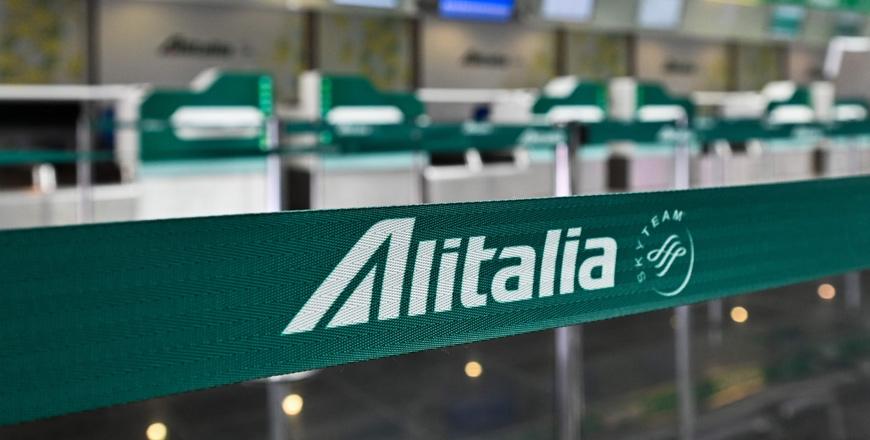- International News
- Sun-2021-03-07 | 04:24 pm

Nayrouz News Agency :
Italy on Friday lobbied EU authorities to approve a long-delayed state rescue of national airline Alitalia, a perennial loss-maker that has almost run out of cash.
The former flag carrier has not turned a profit since 2002, has been under state-controlled administration for almost four years, and the coronavirus pandemic has aggravated its pre-existing problems.
Last year, Rome authorities earmarked 3 billion euros ($3.6 billion dollars) for its relaunch, but the plan to transfer Alitalia's assets to a new company free of debts has stalled.
The European Union's competition commissioner, Margrethe Vestager — who could block the rescue plan under the bloc's state aid rules — discussed the issue Friday with Italy's industry, labour and economy ministers.
It was the first meeting since a new Italian government under former European Central Bank chief Mario Draghi took office last month.
Vestager and the ministers "agreed to work constructively together to find workable solutions on the Alitalia file", a spokesman for the EU commissioner said.
Talks will continue next week at a technical level.
According to Il Messaggero daily, Alitalia would be split in three, with only the aviation side bailed out by the state, while ground handling and maintenance units would be spun off and sold in open tenders.
This would partly address demands set by the European Commission in January, which also included the sale of slots at Milan's Linate Airport and the adoption of a new logo, to mark a clean break with the past.
According to Il Messaggero, the plan will reduce Alitalia's fleet 45-48 planes and lower staff to 4,500-5,000 employees, versus the status quo of almost 100 planes and around 11,000 employees — many currently furloughed.
But while rescue talks drag on, Alitalia's coffers — filled in the past by state loans and grants and now depleted by the pandemic-era collapse of air travel — are running dry.
The airline has reportedly been late in paying suppliers and wages.
Andrea Giuricin, transport economics professor at Milan's Bicocca university, is sceptical the airline which he estimates has run up losses of 11.4 billion euros over the past two decades can be saved.
"While NASA has spent $2.7 billion to send the Perseverance rover to Mars, in the last three-and-a-half years Italian governments have spent 5 billion euros to keep Alitalia flying," he said.
"With Alitalia, we just keep persevering," said Giuricin.













